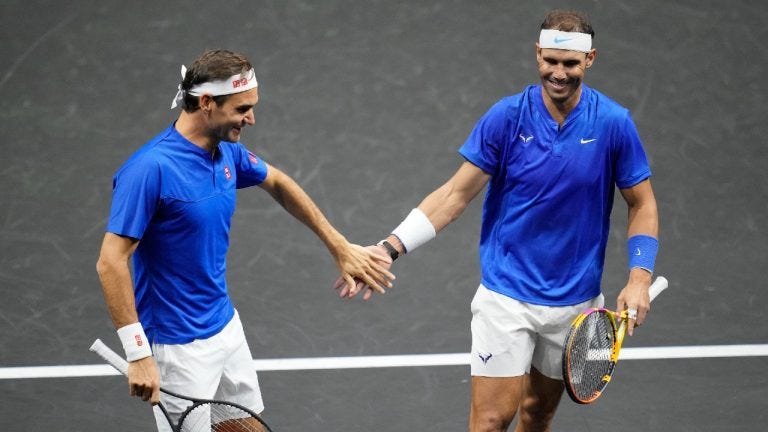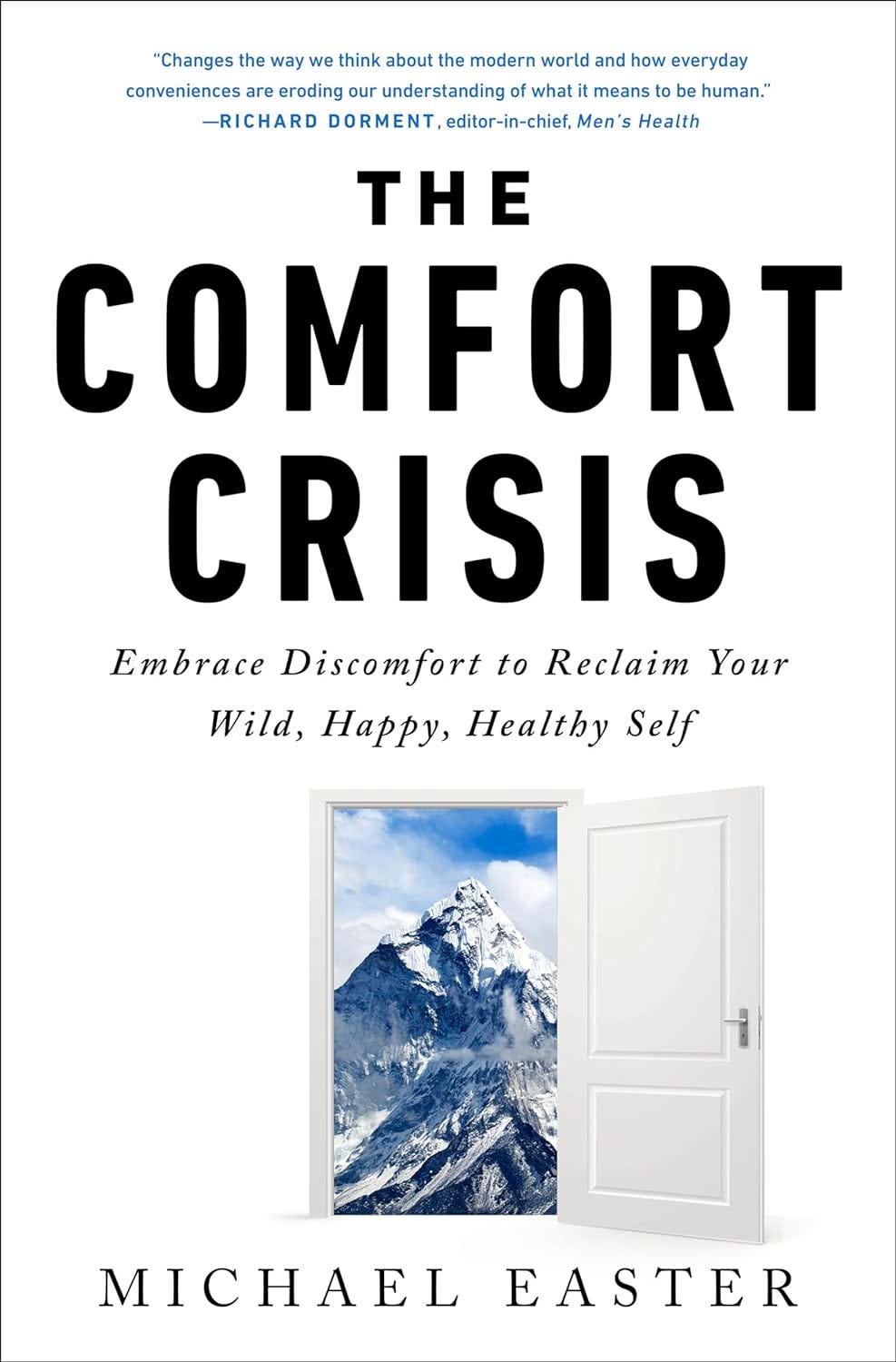Most athletes see their rivals as enemies. Roger Federer saw them as teachers. When Rafael Nadal emerged as his greatest threat, dominating their early meetings, Federer didn’t resent him — he studied him, learned from him, and ultimately used those lessons to reinvent his game.

Learning from Loss
“Without Nadal, where was the jeopardy?” Federer once reflected. While others might have resented Nadal for preventing him from winning more French Opens, Federer saw it differently: without Nadal pushing him, he would never have reached his full potential.
Nadal inspired Federer to improve his backhand, shore up his serve, and move closer to the baseline. Meanwhile, Federer inspired Nadal to develop his own game.
“They exhausted each other,” noted Nadal’s coach. Not just physically, but in terms of talent — each pushed the other to the absolute limits of what was possible in tennis.
The Evolution Game
What made this rivalry extraordinary wasn’t just the contrasting styles — it was how each player forced the other to evolve. When Federer finally transformed his backhand at age 35 to counter Nadal’s high-bouncing forehand, it wasn’t because he suddenly discovered how — it was because years of losses to Nadal had shown him he had to.
“I have my personal motivation, but of course to have somebody in front of you, it is easier to see the things you need to improve,” Nadal explained. “They uncover you; they undress you.”
“Exactly,” Federer agreed. “If you’re the best and you don’t see the things that other people are doing better than you, it’s difficult to go on court and understand exactly what you need to do to be better.”
The Lesson for Elite Performers
True greatness isn’t about destroying your rivals — it’s about:
Learning from their strengths
Using losses as feedback
Respecting what they do better than you
Allowing competition to drive evolution
“Naturally, it would have enhanced my claims for true greatness if I had won all four majors in a year, which I would surely have done had Nadal not been on the scene. But would the tennis public have been as entertained, and as engaged, without Nadal?”
The next time you face a powerful rival, remember: sometimes your greatest opponents aren’t obstacles to your success — they’re essential to it.
Your Challenge for the Week
This week, identify one person in your work or personal life who you’ve viewed as a competitor or rival. Instead of focusing on outperforming them, approach them with a Federer-like mindset. What specific skill or quality do they possess that you could learn from? Make one concrete step toward developing that quality in yourself. Remember, the goal isn’t to become them, but to let their strengths inspire your evolution. By Sunday, write down how this shift in perspective has changed your approach to competition and growth.
Want more Federer insights?
If you got this far, I bet you will like full podcast series on Roger Federer. We dive deep into the secrets of his miraculous longevity, how his team made practice play, and how his greatest skill was his ability to love the lifestyle surrounding the game.
Book Recommendation
The Comfort Crisis: https://amzn.to/43kKaH6
In many ways, we’re more comfortable than ever before. But could our sheltered, temperature-controlled, overfed, underchallenged lives actually be the leading cause of many our most urgent physical and mental health issues? In this gripping investigation, award-winning journalist Michael Easter seeks out off-the-grid visionaries, disruptive genius researchers, and mind-body conditioning trailblazers who are unlocking the life-enhancing secrets of a counterintuitive solution: discomfort.

